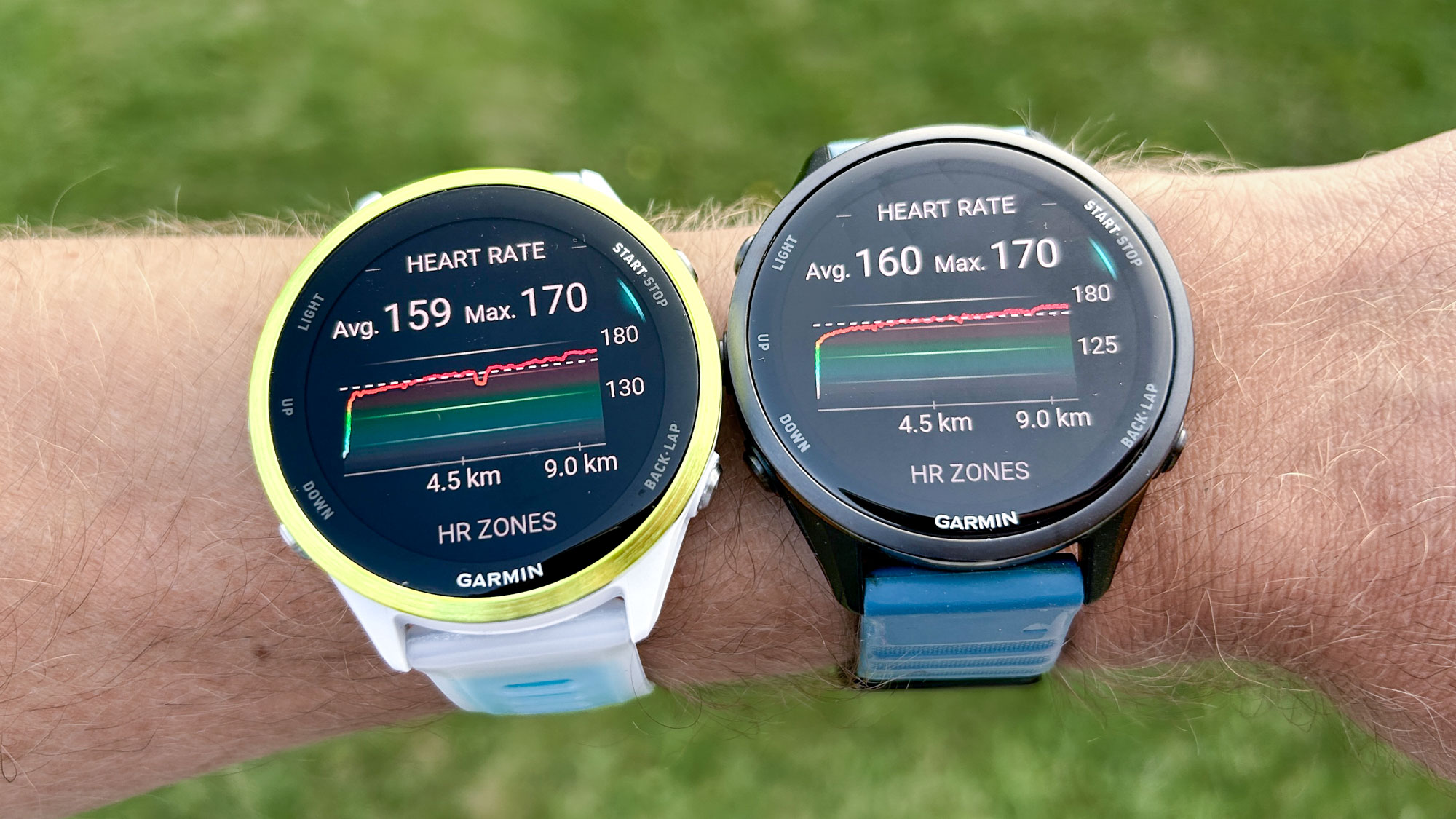Urgent Vaccine Shortage Sparks Health Warning: Travellers at Risk of Rare, Serious Infection

Health authorities in the UK are sounding the alarm over a critical shortage of a vital vaccine, leaving holidaymakers particularly vulnerable to a rare and potentially devastating infection. The warning comes as stocks dwindle, raising concerns about exposure to Leptospirosis, a bacterial disease that can cause severe illness and, in rare cases, lead to serious complications including haemorrhage.
What is Leptospirosis and Why is it a Concern?
Leptospirosis is spread through contact with water or soil contaminated by animal urine – often from rodents, livestock, or even wildlife. It’s particularly prevalent in areas with heavy rainfall, flooding, or where sanitation is poor. Travellers visiting tropical or subtropical regions, engaging in outdoor activities like hiking, camping, or adventure tourism, are at increased risk. The disease can be contracted through cuts, scratches, or even through mucous membranes (eyes, nose, mouth).
Symptoms and Potential Complications
Symptoms of Leptospirosis can range from mild flu-like illness – including fever, headache, muscle aches, and vomiting – to more severe complications. The concerning symptom that has prompted this urgent warning is conjunctivitis, or ‘bleeding eyes,’ which can occur in severe cases. Other serious complications can include kidney failure, liver damage, meningitis, and even death. Early diagnosis and treatment with antibiotics are crucial to prevent these severe outcomes.
The Vaccine Shortage: A Growing Risk
The current shortage of the Leptospirosis vaccine is a significant concern for health officials. While the disease is relatively rare in the UK, the potential for imported cases increases dramatically when travellers are unvaccinated and exposed to the bacteria abroad. Health experts are urging anyone planning travel to high-risk areas to consult their doctor well in advance to explore alternative preventative measures, such as avoiding potentially contaminated water and practicing good hygiene.
What Should Travellers Do?
- Consult your GP: Discuss your travel plans and assess your risk of exposure.
- Vaccination (if available): If the vaccine is available, get vaccinated well before your trip (ideally several weeks in advance).
- Practice Safe Hygiene: Avoid swimming or wading in potentially contaminated water. Wash your hands frequently with soap and water.
- Protective Clothing: Wear protective clothing, such as long sleeves and trousers, to minimise skin exposure.
- Be Aware of Your Surroundings: Be mindful of potential sources of contamination, such as rodent infestations or areas with poor sanitation.
Health officials are working to resolve the vaccine shortage as quickly as possible. In the meantime, vigilance and preventative measures are essential to protect travellers from this potentially life-threatening infection. Stay informed and prioritise your health when travelling abroad.
Disclaimer: This information is for general guidance only and should not be considered medical advice. Always consult with a healthcare professional for personalized recommendations.






